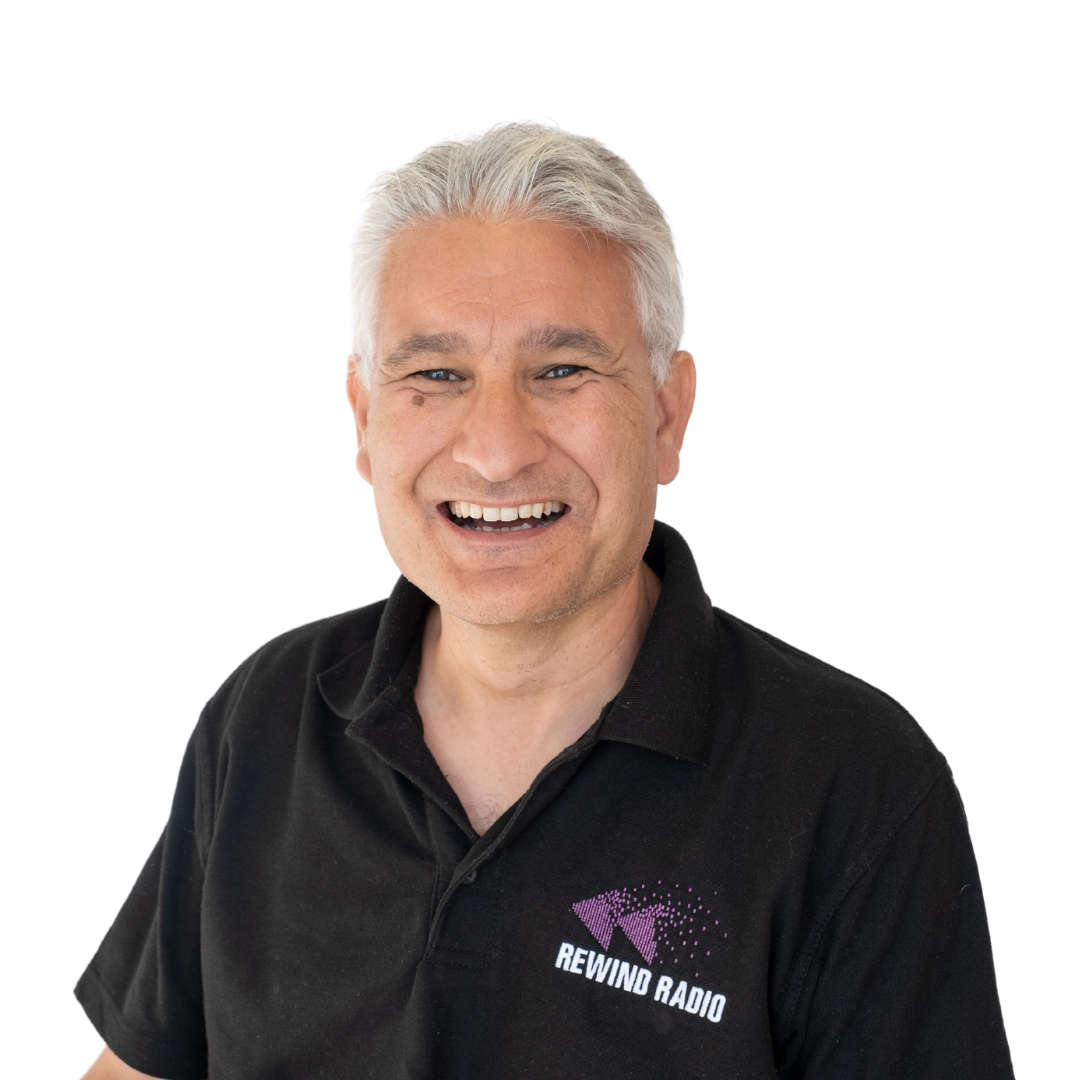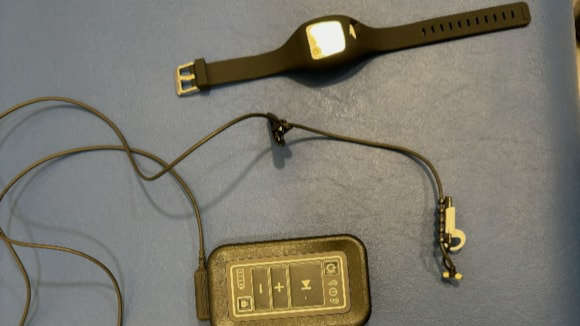
People in Cornwall who have suffered a stroke in the last 10 years are being asked to take part in a study which could potentially offer them fresh hope on their road to recovery.
Cornwall Partnership NHS Foundation Trust's research team and the stroke and neurological rehabilitation service are looking for people to take part in the study. This will look at ways to help arm recovery after a stroke.
The trial is known as 'TRICEPS' (transcutaneous limb recovery post-stroke). It will look at whether arm recovery after a stroke can be improved with a treatment called transcutaneous vagus nerve stimulation. It is led by researchers from Sheffield Teaching Hospitals NHS Foundation Trust and the University of Sheffield.
The study builds on previous research which found that an implant to stimulate the vagas nerve could help improve limb function post stroke.
The research team and stroke and neurological rehabilitation service are looking to trial the new study with people who are further along in their recovery pathway, from 6 months up to 10 years. In the past there have been limited options for people at this stage in their recovery to receive further help.
The research team will be working alongside a number of therapy staff to screen potential participants. They will then support them throughout the study if they wish to take part.
Angela Gibbon is a consultant physiotherapist in the Trust's community neurological team. She will be the principal investigator in the study. Angela will work with Kathryn Beck, who is the lead research nurse, and other members of the research team.
Angela says: "The trial is aimed at people who have had a stroke, between 6 months and 10 years ago. We need to find 10 people from Cornwall to participate in the study.
"Upper limb rehab for people who have had a stroke tends to consist of lots of repetitive activities with the arm, such as strengthening exercises. This means using the arm a lot in functional tasks. So, getting people to do everyday activities. Sometimes we use electrical stimulation to stimulate the muscles in the arm.
"However, this will be a really exciting addition. The study is looking at whether this vagus nerve stimulation, plus the activity, improves what we're using at the moment."
Liz Tremayne-Ward is a team lead for the Trust's stroke and neurological rehabilitation service. She will be supporting Angela in the study.
She says: "This is a really exciting therapy study. We rarely get studies that focus on people with strokes further down the line in their stroke recovery. For us it's about developing evidence. This is an exciting opportunity to get something evidence-based to under-pin on practice. We will also see if this is a therapy we can offer our patients."
She adds: "This study also gives a real chance for our team to work with the research team. This is a chance for us to bridge the gap between our knowledge and practice and under-pin it with good quality evidence.
"The study went live in March. We have highlighted 1 potential participant, but we are looking to recruit 9 more who live in Cornwall. If you have had a stroke, you may have a weakness in an arm. You might have had a stroke which affects your anterior circulation.
"If you're interested in the study then we would really like to hear from you. The research team will discuss the trial with you and see whether or not you meet the criteria. It's a really exciting chance to have further rehab further down the pathway, which can be challenging in the current climate."
The trial is funded by a partnership between the National Institute for Health and Care Research and the Medical Research Council and the Association of British Neurologists Fellowship. It is co-funded by the Stroke Association and Berkeley Foundation.
Consultant physiotherapist Angela Gibbon (left) and team lead Liz Tremayne-Ward.
Around 110,000 people suffer with a stroke in the UK every year. As a result, a third of stroke survivors are left with permanent arm weakness.
This study will build on the results of a recent clinical trial. This showed that stimulating damaged areas of the brain using invasive vagus nerve stimulation improved arm recovery in stroke survivors when combined with stroke therapy.
In this trial, the stimulation will be triggered via a lightweight, wearable pacemaker-like device which connects to a wired earpiece. The stimulation will then be automatically activated as the arm is moved during therapy whilst the connected earpiece gently tickles the ear. This means people can access the treatment at home and without the need for a surgical implant.
Ben Hyams is a research manager and lead research nurse for the Trust. He explains:
"Previous studies have required invasive surgical insertion of a stimulator and hospital visits to activate it. This has proved challenging in practice.
"This study uses a new technology that participants can use to stimulate the vagal nerve at home through a small removable earpiece."
He adds: "It is a really exciting study and has the potential to change future care. It will involve our patients but also people in the community who had a stroke years ago and have learned to live with their arm weakness."
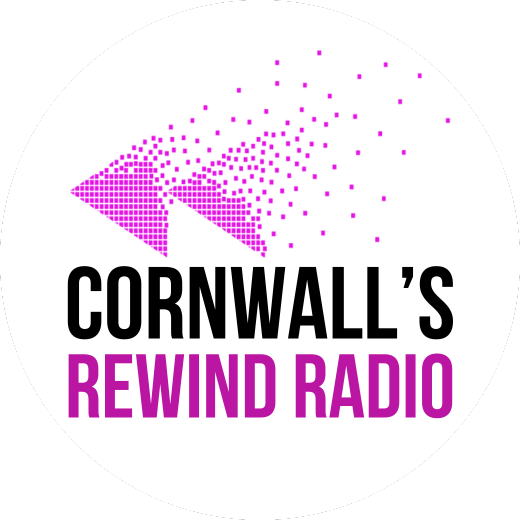

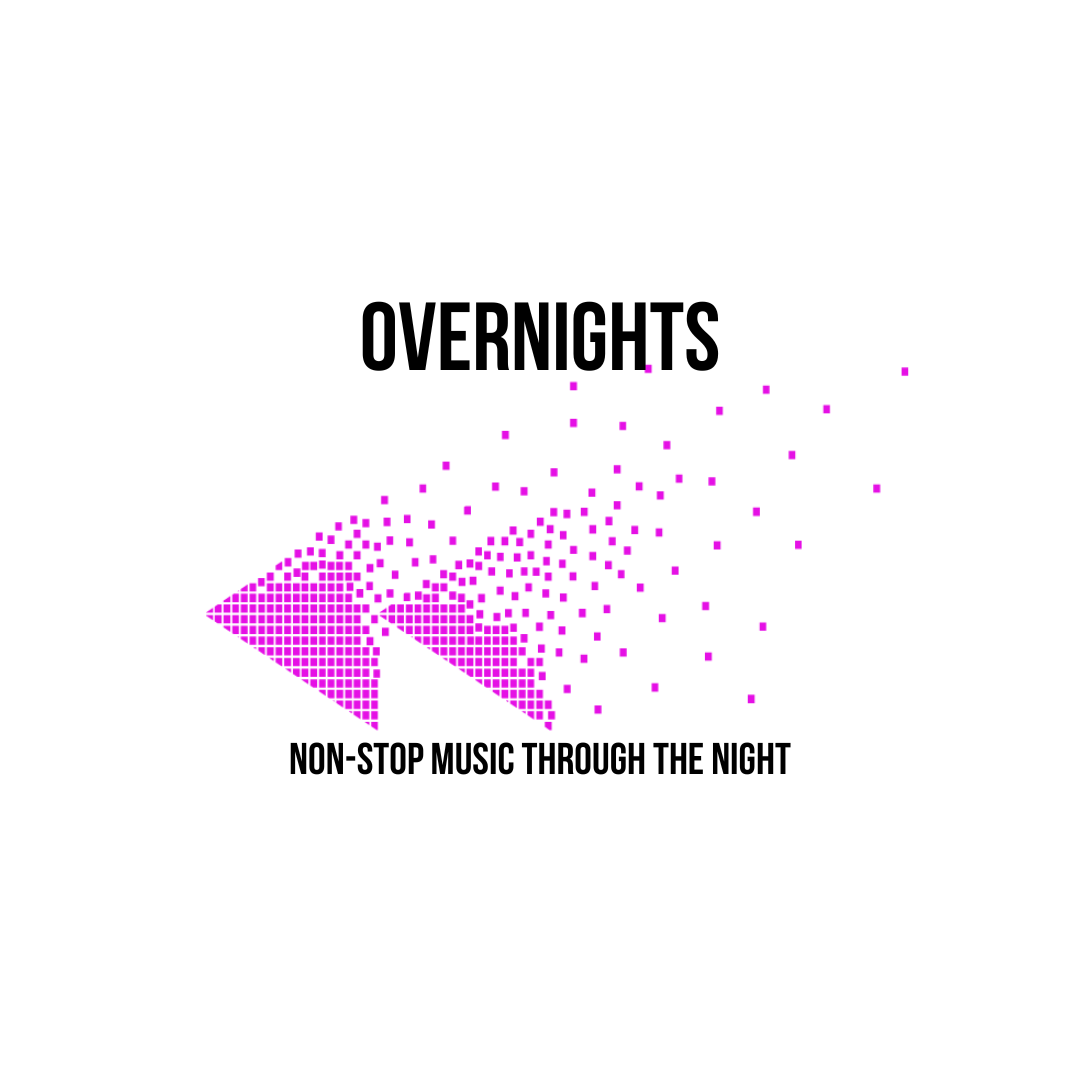
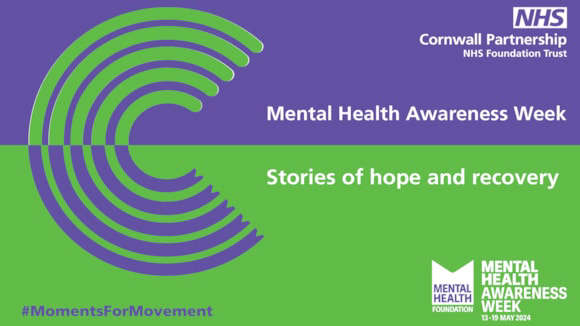 Stories of hope and recovery to mark Mental Health Awareness Week
Stories of hope and recovery to mark Mental Health Awareness Week
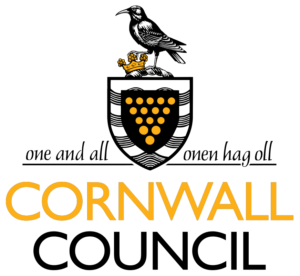 Dog owners urged to check rules as restrictions come into force on some Cornish beaches
Dog owners urged to check rules as restrictions come into force on some Cornish beaches
 The Cornwall College Group Welcomes New Principal and Chief Executive
The Cornwall College Group Welcomes New Principal and Chief Executive
 Peer mentoring programme supports students in secondary schools transition
Peer mentoring programme supports students in secondary schools transition
 Fire at Cockwells’ Production Facility in Ponsharden
Fire at Cockwells’ Production Facility in Ponsharden
 Learn to swim at a discount
Learn to swim at a discount




